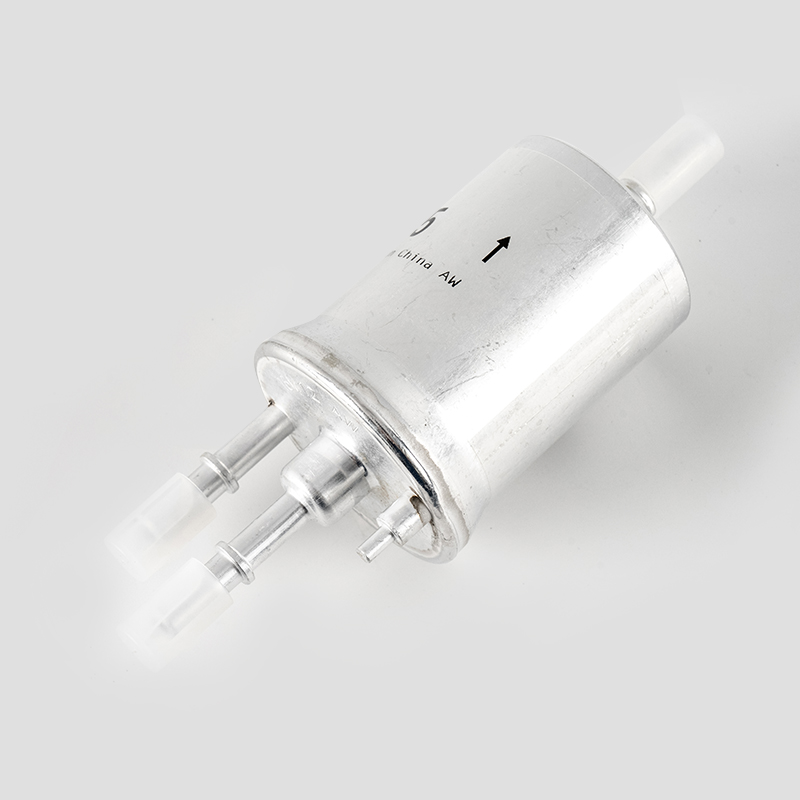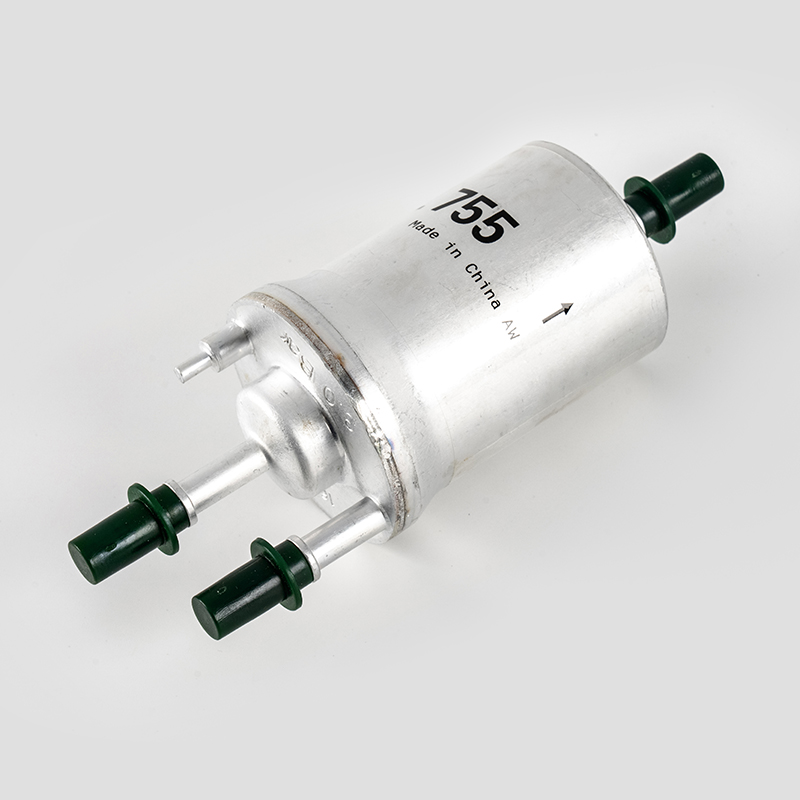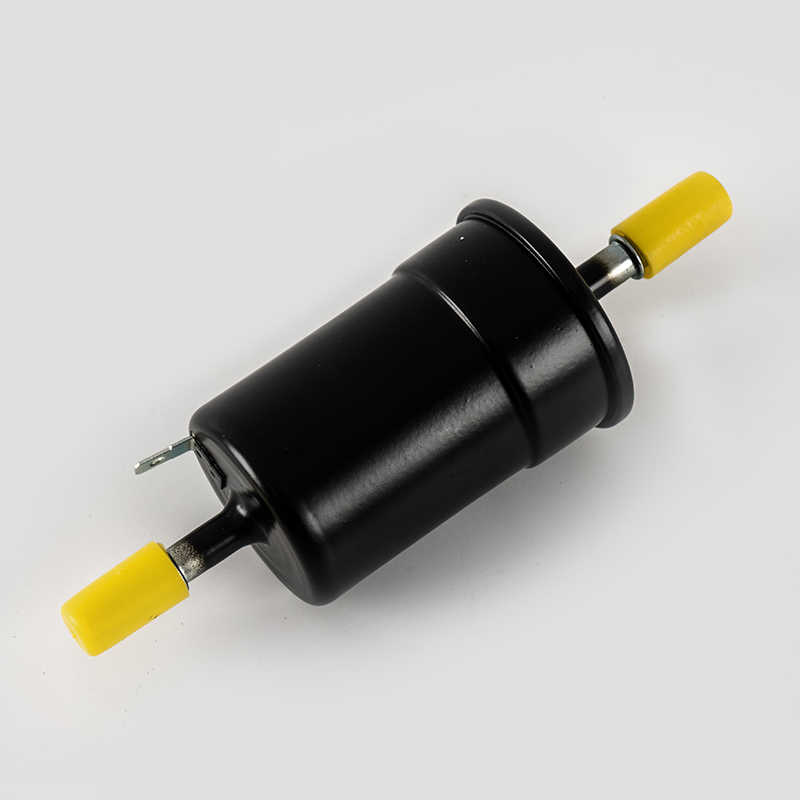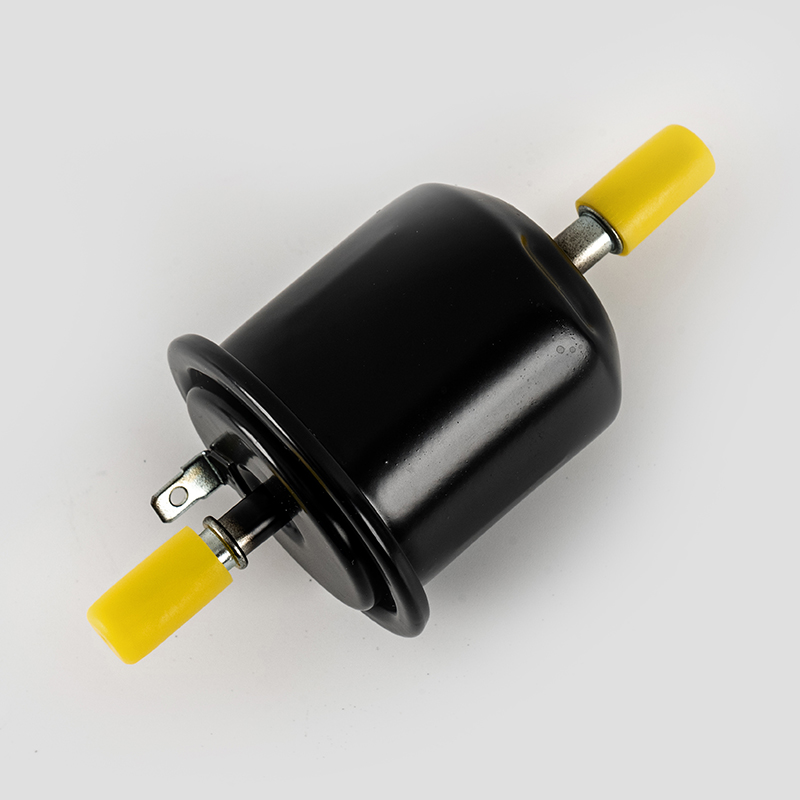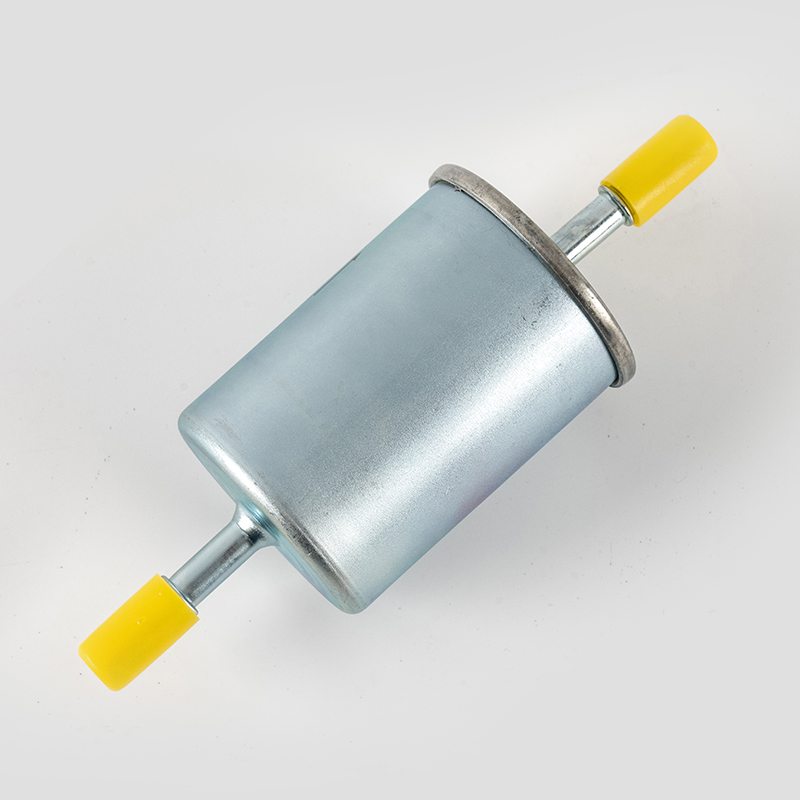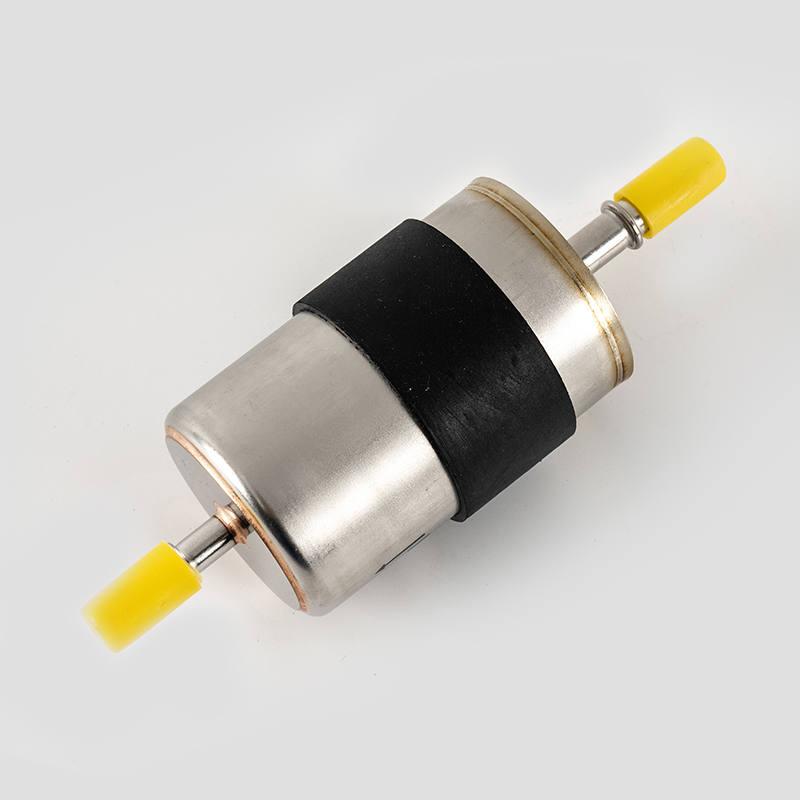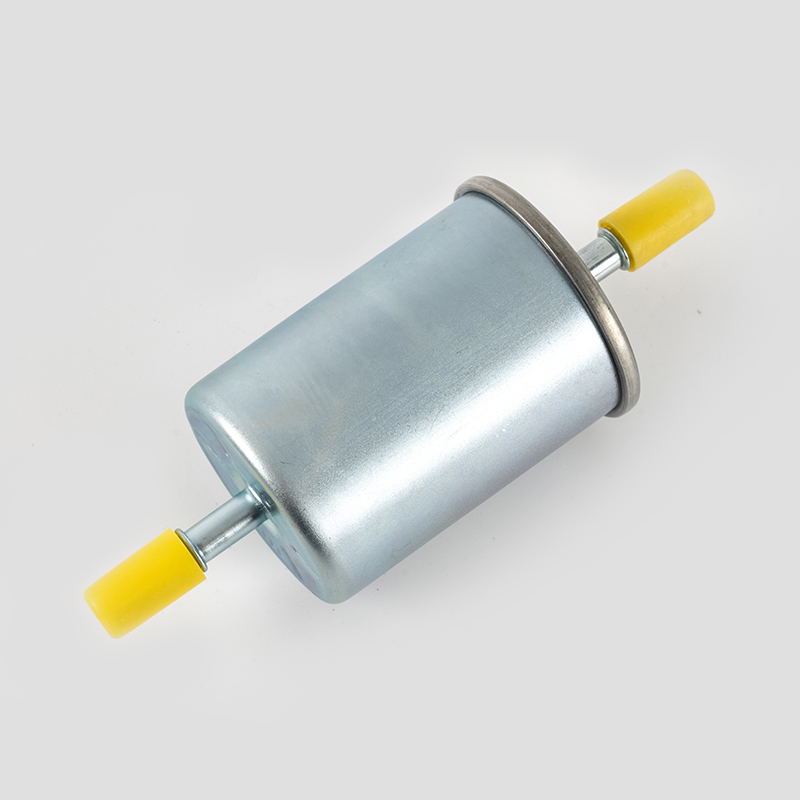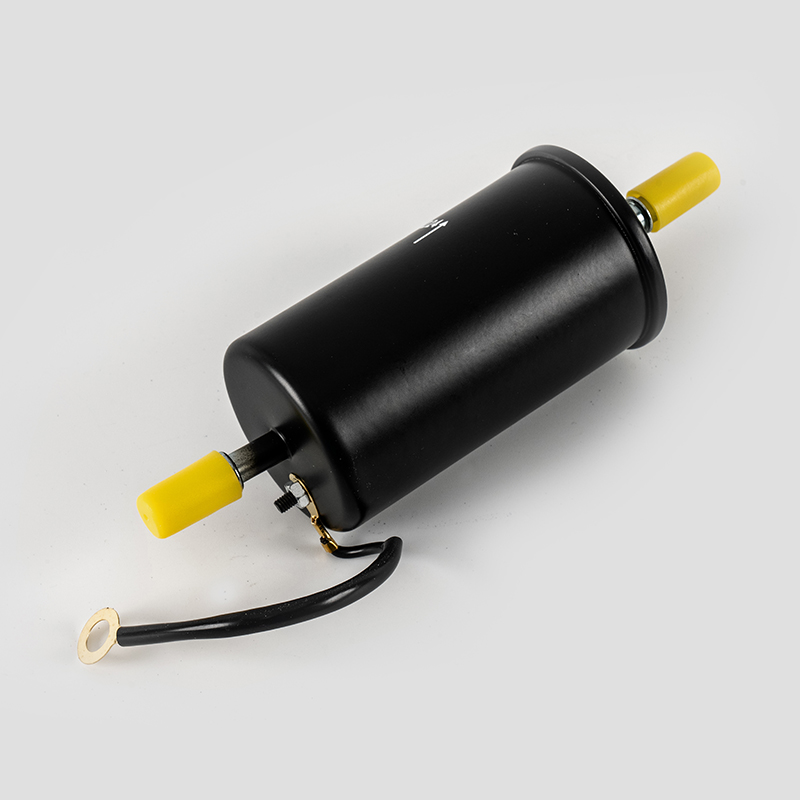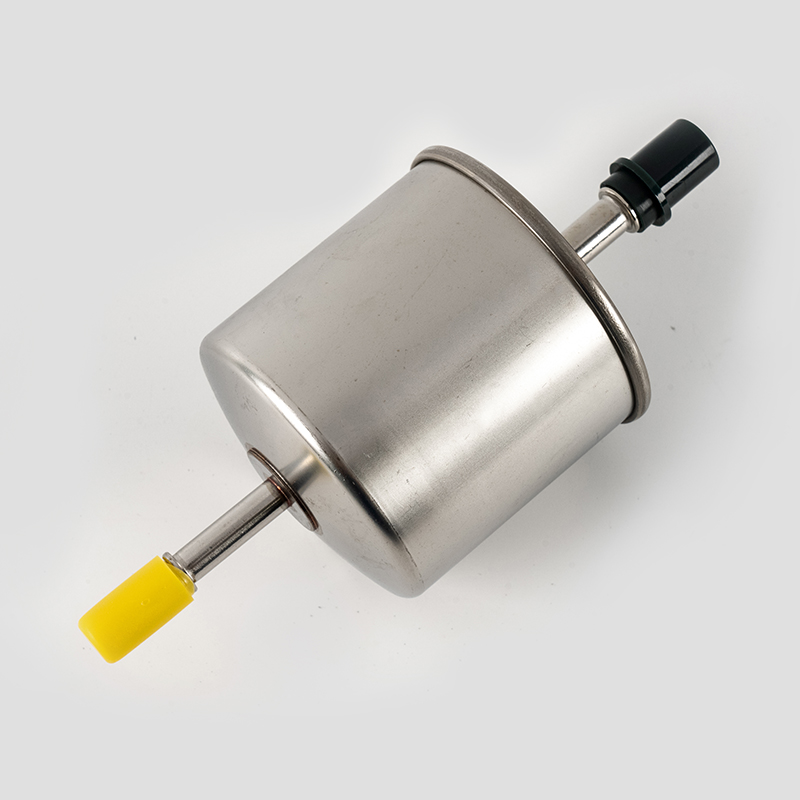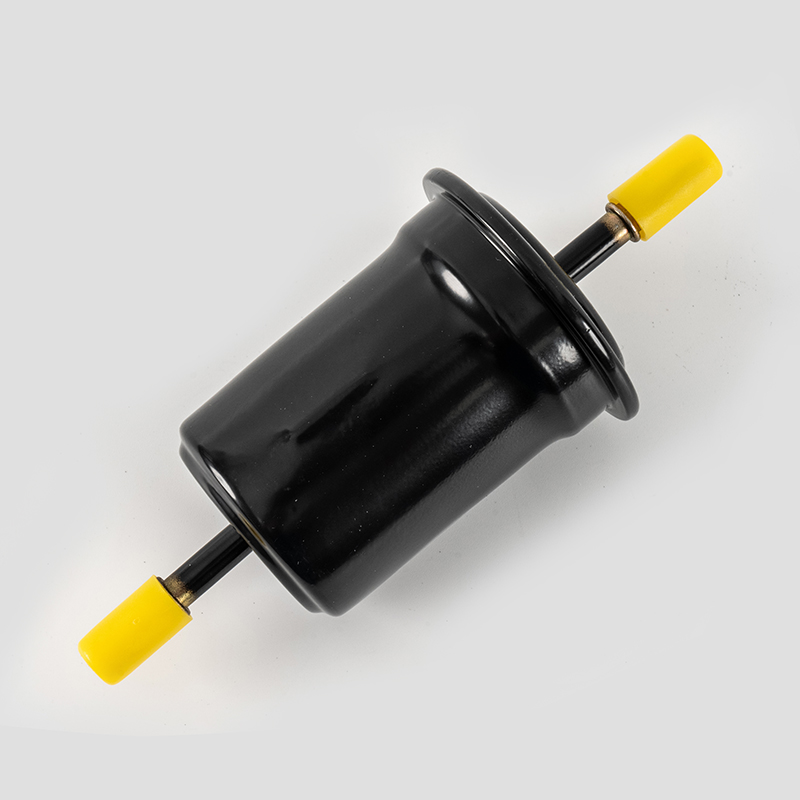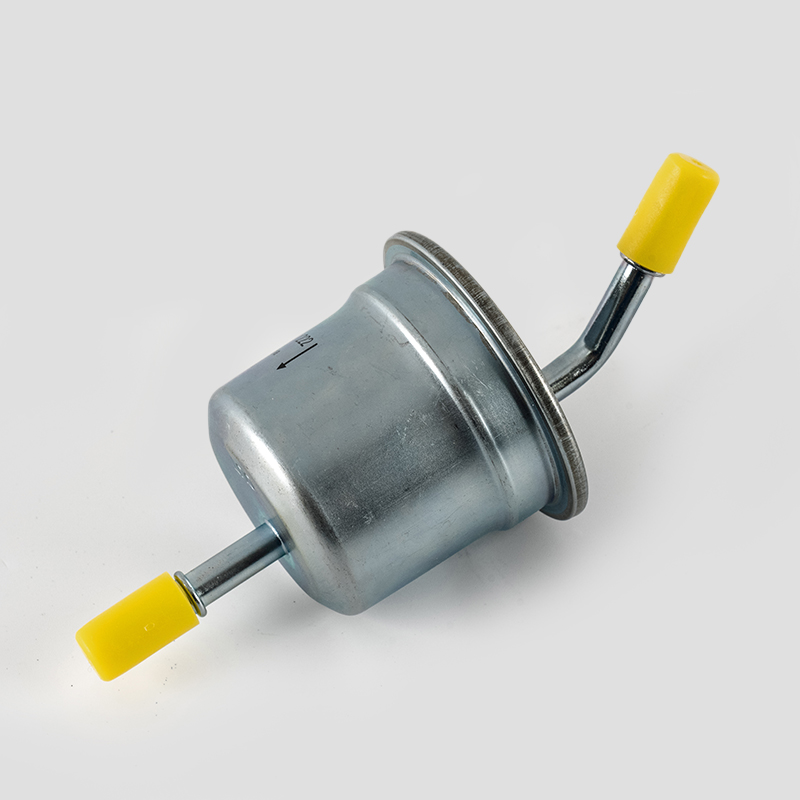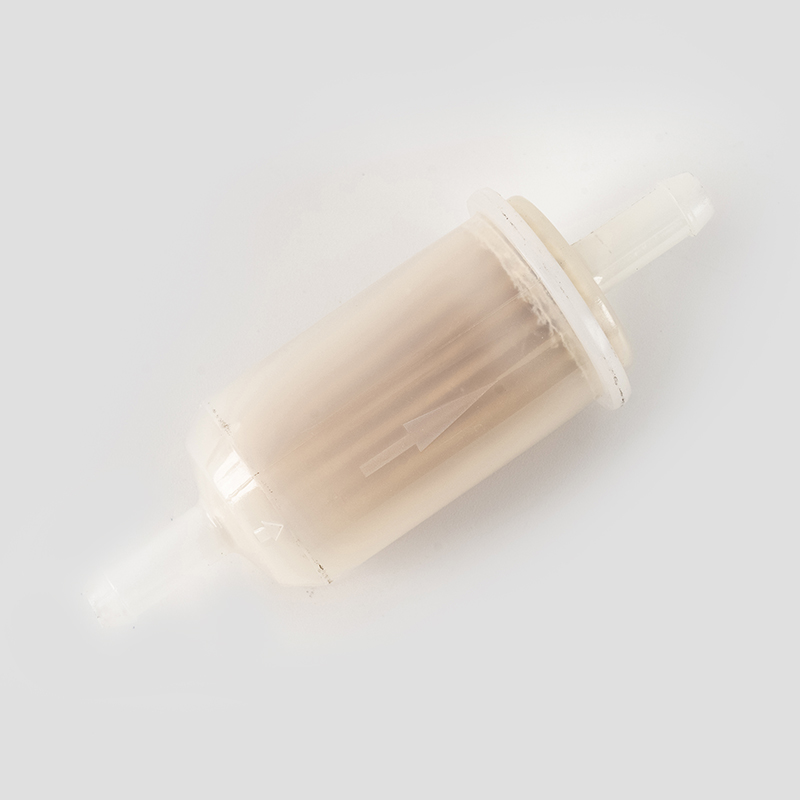-
Keeping Your SUV’s Engine Healthy: Everything You Need to Know About Premium Air Filtration
2026-01-27
Maintaining a modern vehicle often feels like managing a high-tech computer on wheels. Between software updates and battery health, it’s easy to overlook the fundamental components that keep the mechanical heart of your car beating. One of the most common que...rede more -
Is Your Engine Gasping for Breath? Why This Tiny Component Is the Secret to Vehicle Longevit
2026-01-20
When it comes to car maintenance, most drivers immediately think of oil changes, tire rotations, or brake pads. However, there is a "silent hero" tucked away under the hood that determines exactly how well your car performs on a daily basis. Automotive experts...rede more -
Is Your Engine Breathing Properly? The Essential Guide to Premium Air Filtration
2026-01-13
Maintaining a luxury vehicle is about more than just keeping the paint shiny; it is about ensuring the high-performance heart of the machine—the engine—is protected from the elements. For owners of premium German-engineered vehicles, one component often overlo...rede more
Fuel Filter Manufacturer
Fuel filter element with spiral design structure adopts imported high-quality filter paper, which makes the impurity particles stick and lag in the filter paper groove. Its filtering efficiency can reach 95%, protecting the engine performance. The metal parts of the shell and cover plate are made of high quality imported steel, with high dimensional accuracy, strong hydrostatic breaking strength, and can still work under environment.
WHO ARE WE?
Ningbo Heyuan Auto Parts Co., Ltd. is an integrated trade and manufacturing enterprise specializing in the production of various filters, including air filters, cabin filters, oil filters, diesel filters, gasoline filters, hydraulic filters, and special filters. NBHY produces over 50 million vehicle filtration systems and various filter elements annually, utilizing advanced plastic blow molding, rubber processing, and welding technologies, making it a diversified large-scale manufacturing base in China.
As a professional OEM Fuel Filter Manufacturer and ODM Fuel Filter Company, With 30 years of professional design and production experience, NBHY is equipped with modern large-scale production workshops, R&D, business, and office centers, we have strict production, testing equipment and assembly lines. All product development is carried out using computer-aided design, while production strictly adheres to the ISO/TS16949:2009 and ISO9001:2000 quality management systems. Our product quality is highly praised by customers domestically and internationally, with products exported to over a dozen countries and regions, including Europe, the Middle East, and Japan.
Currently, the company mainly provides processing and production services for domestic OEMs and well-known international brands, including over a dozen Fortune 500 companies, and has become an important supplier of filtration systems in China.
-

Industry Experience
0+ -

Modern Intelligent Factory
0+ -

Cooperating Automobile Enterprises
0+ -

Technical Engineers
0+
/ KEEP IN TOUCH
Feel free to ask for any info on NBHY.We are committed to understanding your needs and providing you with the right solution. Our experts will respond to all inquiries within 12 hours.
News
Function of Fuel Filter
Ningbo Heyuan Auto Parts Co., Ltd.'s fuel filters use a variety of high-quality filter materials, including polyester fibers to provide good filtration efficiency and durability; high-quality paper filter elements to adapt to a variety of fuels; stainless steel mesh to enhance corrosion resistance and mechanical strength; activated carbon to absorb odors and harmful substances to improve fuel quality; and synthetic fibers with good temperature and chemical resistance.
1. Filter impurities
The main function of the fuel filter is to filter impurities and contaminants in the fuel, such as:
Dust and sand: prevent particulate matter from entering the fuel system to avoid wear and tear on the injectors and fuel pumps.
Moisture: Moisture affects the combustion efficiency of the fuel, and the fuel filter can effectively separate moisture and protect the engine.
2. Protect the engine
Clean fuel is the key to ensuring the normal operation of the engine. The fuel filter can:
Improve combustion efficiency: After removing impurities, the fuel can be more fully mixed with air, improve combustion efficiency, and increase the power output of the engine.
Extend engine life: By filtering impurities, damage to the injection system and combustion chamber is reduced, thereby extending the service life of the engine.
3. Maintain the stability of the fuel system
The fuel filter plays a stabilizing role in the fuel system, including:
Maintaining oil pressure: Maintaining stable oil pressure through filtration, ensuring the normal operation of the injector, and avoiding failures caused by unstable pressure.
Preventing blockage: Effectively preventing the fuel pipes and injectors from being blocked by impurities, ensuring the smooth flow of the system.
4. Improving emission performance
Clean fuel helps reduce engine emissions, and the role of fuel filters in this regard is reflected in:
Reducing harmful emissions: Improving the completeness of fuel combustion, thereby reducing emissions of carbon monoxide, nitrogen oxides and unburned hydrocarbons.
5. Enhancing power performance
By ensuring the cleanliness of the fuel, the fuel filter can:
Improve power response: Reduce the power drop caused by fuel contamination, making the engine more sensitive when accelerating.
Optimizing fuel economy: Effective filtration can improve combustion efficiency, thereby improving fuel economy and reducing fuel consumption.
6. Wide applicability
Passenger cars: Applicable to various brands and models of cars and SUVs.
Commercial vehicles: Such as trucks, buses, etc., to ensure stability under high load and long-term operating conditions.
Diesel engine: Provide filtration for diesel engines to prevent impurities in diesel from affecting engine performance.




 English
English Español
Español عربى
عربى